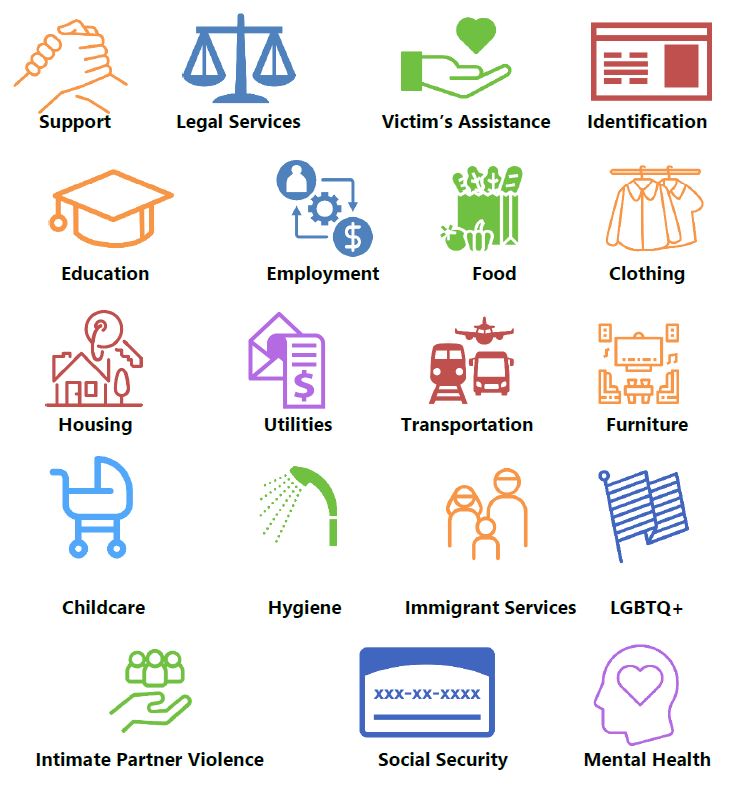Penn Trauma Violence Recovery Program
About the Penn Trauma Violence Recovery Program
PTVRP is a Hospital-Based Violence Intervention Program (HVIP). PTVRP consists of members of the Penn Medicine Trauma team working to improve care and outcomes for patients injured in acts of violence treated at our Level 1 trauma center at Penn Presbyterian Medical Center. Our experience spans surgery, nursing, public health and social work.
When people are injured by violence, the wounds are more than skin deep, and healing can bring physical, emotional, social, and economic challenges. Hospital-based violence intervention programs work to provide each injured individual the support they need to thrive. These programs save lives and prevent re-injury, and we are thrilled to begin this service at Penn Trauma.
Patients face challenges that are deeply embedded in structural racism and structural violence, such as barriers to employment, poor access to education, housing insecurity, and generational trauma. Medical and surgical care is not enough to address these important contextual factors. Our program hopes to begin bridging the gaps and easing our patients’ transitions from the hospital and back to their lives and communities by actively intervening on the social and structural determinants of health.
Meet the Team
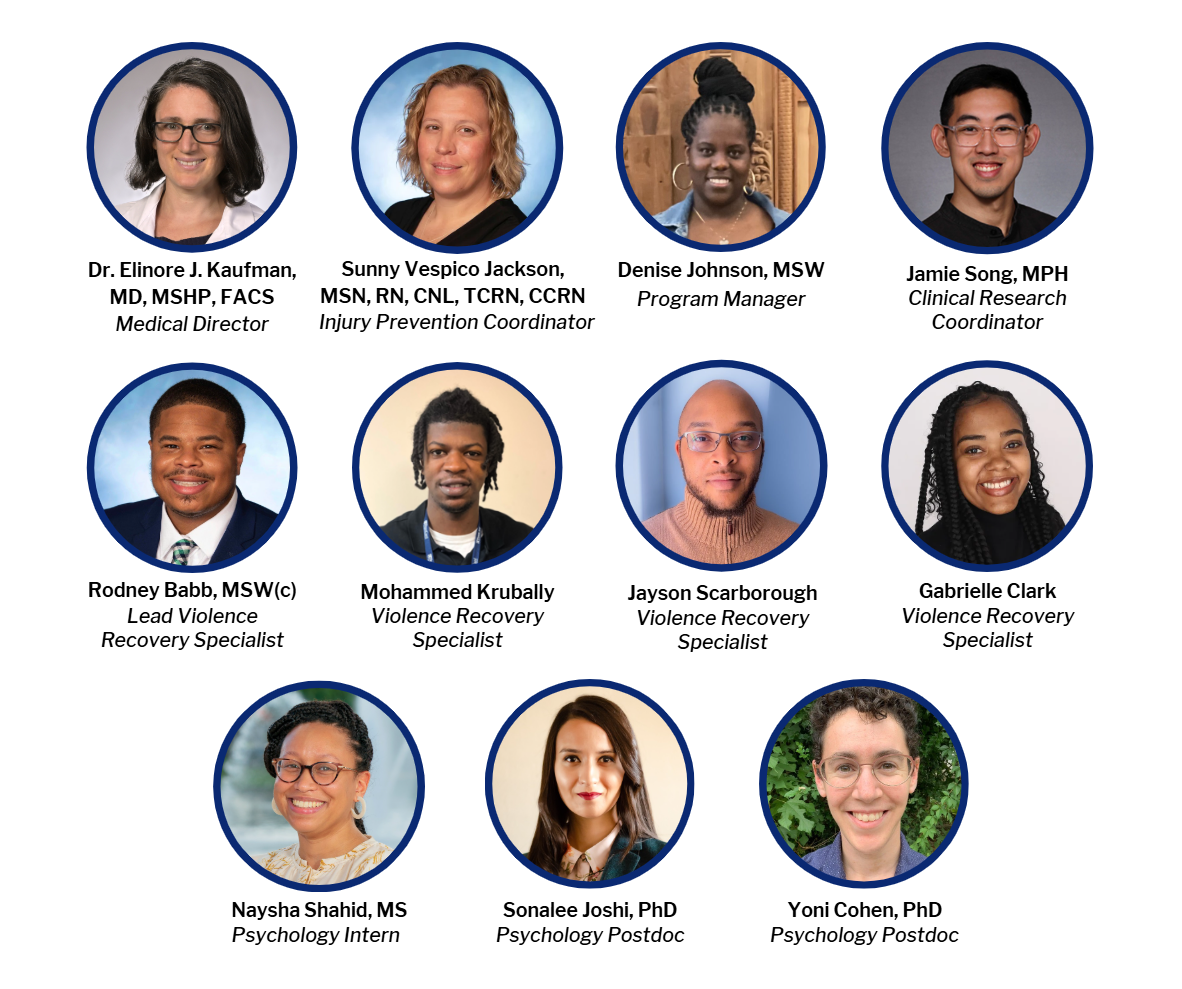
What is an HVIP?
Hospital-Based Violence Intervention Programs (HVIPs) provide psychosocial support and wraparound services to survivors of violent injury to promote their holistic healing. HVIPs can improve well-being, reduce reinjury, and save costs. In HVIPs, medical staff collaborate with community-based partners to provide psychosocial support, services, and trauma-informed care to violently injured people. Patients injured through community violence are at risk for numerous physical, emotional, social, and economic challenges in their recovery. By reaching patients early in their recovery and extending support past their acute hospitalization, HVIPs can help bridge the gap from injury to holistic healing and to address structural and social determinants of health including employment, education, and social support.
HVIPs are most helpful when they are able to directly address the urgent needs of their patients. For instance, the most common needs for PTVRP patients have included relocation, psychotherapy, and survival expenses. In response to these needs, we have established a housing assistance fund and general patient needs fund, and we also brought in a team of psychotherapists to provide bedside and ongoing services to our patients.
HVIPs add key players to the healthcare team: Violence Recovery Specialists. These highly-trained paraprofessionals often come from the communities they serve and share experiences and points of reference with patients. These team members connect with patients, build trust, provide individualized support, and link patients to community-based services.
Looking for resources?
From bedside to everything beyond...
After patients are medically stabilized by our trauma team, our violence recovery specialists meet them at the bedside and support them in connecting with the resources and services they need. Upon discharge, we maintain our relationships with these former patients and continue to support their healing and well-being.
We work with our community partners to connect participants to: victim’s compensation funds, mental health care, relocation services, job training, and much more!
Program Highlights
patients met bedside for counseling and referrals
enrolled in the violence recovery program
referrals to community services and resources
therapy sessions conducted with patients
Patient Highlights
Our team of violence recovery specialists is proud of what our patients have been able to achieve.
Attained their first jobs.
Finished their high school degrees and started GED programs.
Received therapy and counseling through the program, in pursuit of healing.
Creating a path forward, with hope for the future…
Together with our patients, we are putting in the work to heal wounds and make Philadelphia safer.
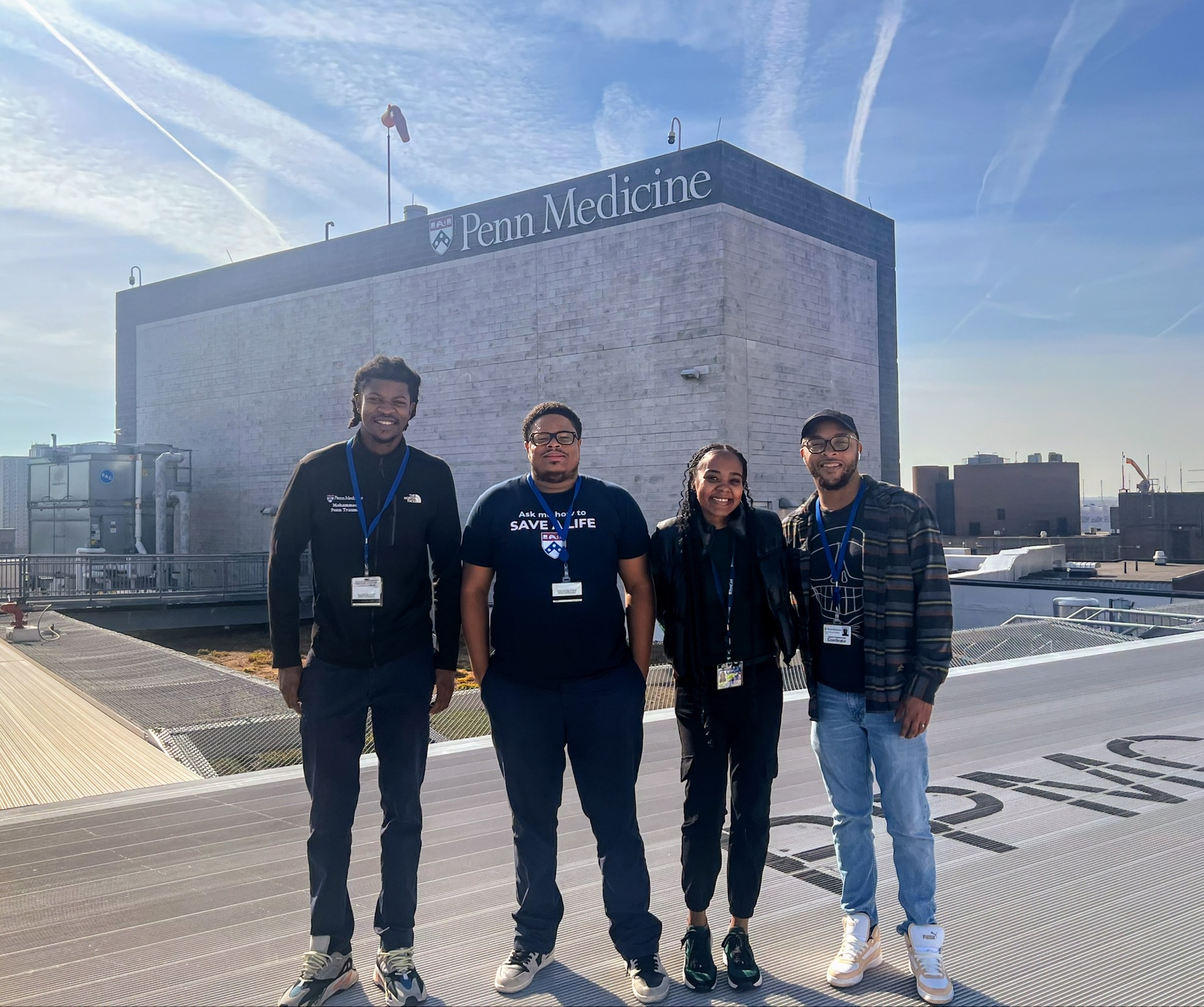
News from the Penn Trauma Violence Recovery Program
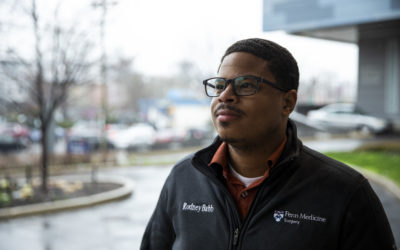
Rodney Babb Joins Prestigious CVI Leadership Academy
Rodney Babb, lead violence recovery specialist for the Penn Trauma Violence Recovery Program, has been accepted into the Community Violence Intervention Leadership Academy. This unique program out of the Harris School of Public Policy at the University of Chicago equips leaders nationwide with advanced skills in program management, community engagement, and data literacy to combat violence effectively in their communities.

Responses to mass shootings vs. chronic gun violence
Elinore Kaufman of the Perelman School of Medicine spoke on Louisville NPR member station WFPL about the difference in public response to the recent mass shooting compared to the area’s chronic gun violence.
“It’s interesting, I used to say the mass shootings are getting all the attention, it’s going to really warp our policy. But honestly, all the attention that mass shootings derive result in very, very, very little change — essentially, no change.
If we really focus on the root causes of violence? We’re going to be talking about things like wealth inequality, like generational poverty, housing and schools, social supports, all of those things that we as a society have systematically deprived Black communities and other communities of color from for a long time. These aren’t simple policy solutions, but they are powerful. And they have all kinds of other benefits, of course, beyond firearm violence.”
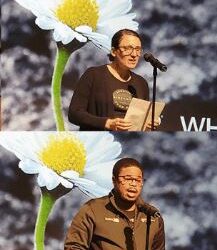
Story slam on firearm injury and prevention
Elinore Kaufman and Rodney Babb, of the Penn Trauma Violence Recovery Program, participated in the Story Slam focusing on firearm injury and prevention as a public health issue, co-hosted by Annals of Internal Medicine, the American College of Physicians (ACP) and WHYY.

Denise Johnson recognized as Difference Maker
| Denise Johnson was featured in Penn Today and named a difference maker in the Penn Medicine News for her role as the bridge between the street outreach Penn Community Violence Prevention program and the hospital-based Penn Trauma Violence Recovery Program. |
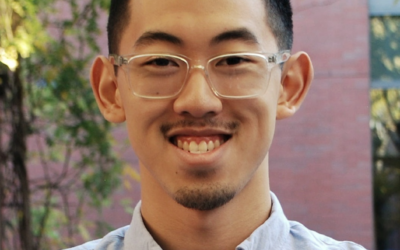
Jamie Song recognized as Difference Maker
| Jamie Song was featured in The PM Report for his work using a Penn Medicine CAREs grant to help with transportation, access to cell service, and emergency housing for survivors of violent injury. Part of the Penn Trauma Violence Recovery Program, Song works with colleagues to provide survivors with peer counseling and connecting them to community agencies that can help with mental healthcare, job training, and more. |
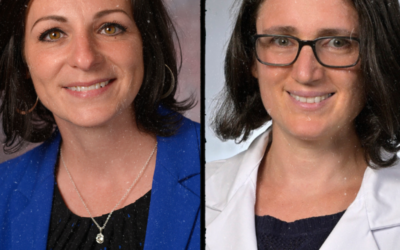
Expanding violence prevention and recovery programs
| Bernadette Hohl and Elinore Kaufman led applications that were selected for funding by the Pennsylvania Commission on Crime and Delinquency (PCCD). With the funding, Hohl will partner with The School District of Philadelphia to expand and enhance the Safe Path program, and Kaufman will bring three additional Violence Intervention Specialists to the hospital-based Penn Trauma Violence Recovery Program. Read more from the Penn Medicine News. |
For inquiries about the program, contact ViolenceRecovery@pennmedicine.upenn.edu or Medical Director Dr. Elinore Kaufman elinore.kaufman@pennmedicine.upenn.edu
View other programs in the Community Violence Intervention Hub
Photo below by Peggy Peterson
The Penn Trauma Violence Recovery Program is committed to antiracism, diversity, equity, inclusion, and justice within our program, Penn Medicine, and the City of Philadelphia at large. We strive to build a team and community that encourage and celebrate diverse voices and promote authentic engagement, equitable research and empowered participation. We denounce racism, sexism, ableism, intolerance, discrimination, white supremacy, and all forms of oppression and violence. We are committed to achieving just systems where all people feel safe, invited, accepted, and respected, regardless of their background, identity, or affiliation.

